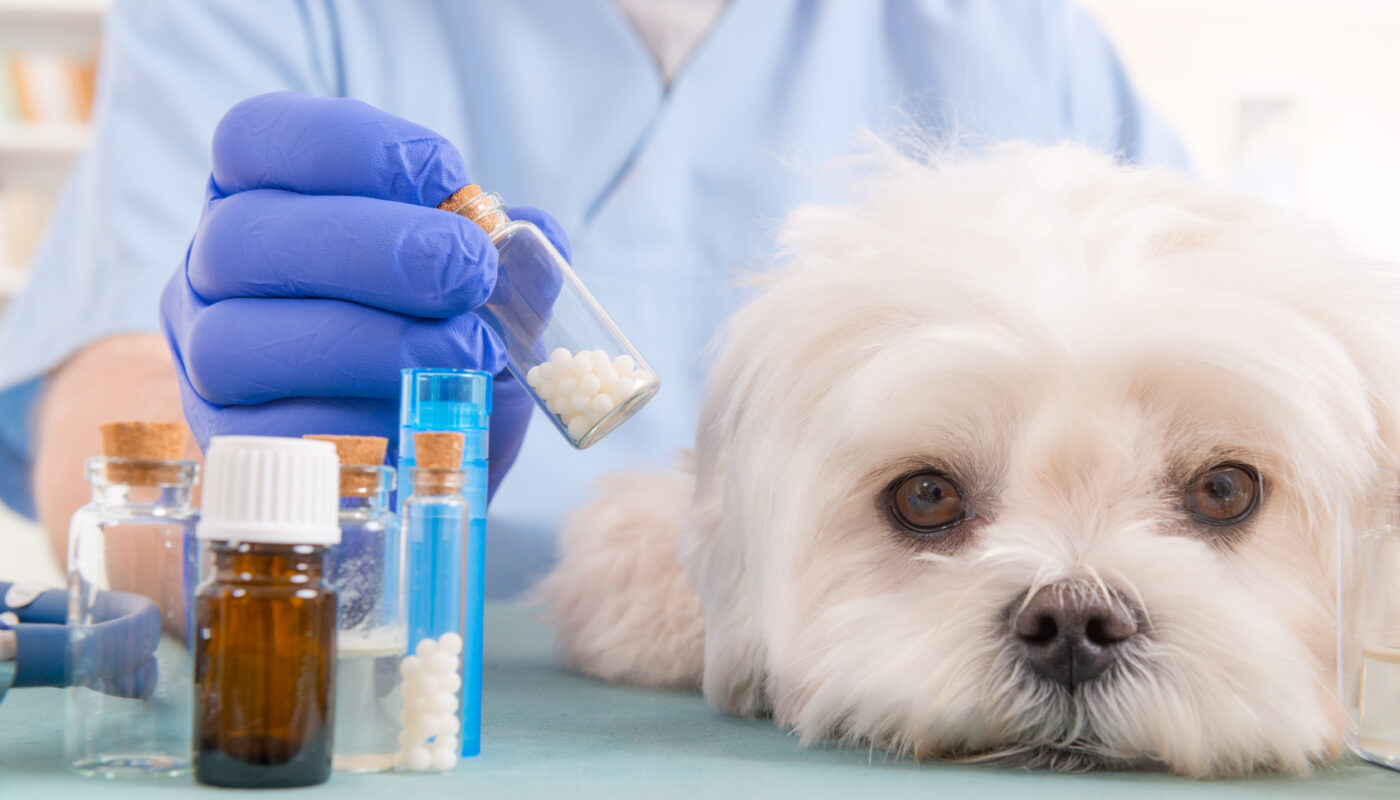Introduction
Veterinary medicine is a diverse and growing field focused on caring for animals and promoting their overall health and well-being. Veterinarians play an important role in society by ensuring our companion animals receive quality medical care and live healthy, happy lives. This article will provide an overview of the various areas within veterinary medicine and highlight some of the rewarding career opportunities available.
Education and Training
To become a veterinarian requires extensive education and clinical training. Most veterinarians complete a four-year Doctor of Veterinary Medicine (DVM) or Veterinary Medical Doctorate (VMD) program at an accredited veterinary college. These intensive professional programs focus on animal anatomy, physiology, pharmacology, pathology, clinical sciences and hands-on clinical training.
After graduating with a DVM/VMD degree, new veterinarians complete a post-graduate internship or residency training program to further their clinical skills and specialize in a certain field of veterinary medicine such as small animal, large animal or equine medicine. Some veterinarians pursue advanced training and complete a PhD program to become experts in fields like veterinary research, pathology or public health. The combination of a professional veterinary degree and hands-on clinical experience ensures veterinarians are well prepared to provide top-notch medical care to animals.
Small Animal Veterinary Medicine
The majority of veterinarians work in small animal general practice, caring for companion animals like dogs, cats, rabbits, guinea pigs and other small mammals and reptiles. Jobs may be found at private veterinary clinics, animal hospitals, shelters and nonprofit organizations.
Veterinarians provide annual wellness exams, vaccinations, spay/neuter surgeries, dental care, diagnostic testing and treatment for various medical conditions. They also educate pet owners on preventative care, nutrition, behavior and responsible pet ownership. It is highly rewarding to build strong bonds with clients and their furry companions over the years.
Specialty Fields
For veterinarians seeking advanced clinical training, there are over 20 veterinary specialty organizations that provide board certifications in areas such as surgery, oncology, ophthalmology, cardiology, dentistry, dermatology and zoo/wildlife medicine. Specialists undergo rigorous multi-year training programs to become experts in their chosen field. They often work in academic teaching hospitals or private specialty/emergency clinics.
Some common specialty areas include:
– Veterinary Surgery: Focused on small and large animal soft tissue and orthopedic surgery. Surgeons perform complex procedures like knee replacements.
– Veterinary Oncology: Deals with the diagnosis and multimodal treatment of cancer in pets. Therapies may include chemotherapy, radiotherapy, immunotherapy and clinical trials.
– Veterinary Dentistry/Oral Surgery: Specialized in comprehensive dental and oral care including extractions, root canals, surgical treatment of oral tumors and periodontal disease. Plays a key role in pain management and prevention of oral infections.
– Veterinary Ophthalmology: Handles the medical and surgical treatment of eye diseases in animals. Ophthalmologists are specially trained in advanced laser procedures, cataract surgery and retina repair.
Large Animal and Equine Veterinary Medicine
Some veterinarians work mainly with food animals such as cows, pigs, goats, sheep and poultry. They provide preventative herd health programs, reproductive services and ensure food safety. Jobs are found on farms, feedlots, breeding facilities and with state/federal regulatory agencies.
Equine veterinarians focus exclusively on horses. They offer routine health exams, vaccinations, reproduction services, lameness examinations, surgeries and emergency/trauma care. Many work with racehorse trainers at racetracks, with equine breeding/training facilities or have their own ambulatory large animal/equine practices. It is highly rewarding to work closely with these majestic animals.
Veterinary Public Health and Preventative Medicine
Throughout their careers, many veterinarians also focus on public health, disease prevention and food safety. They investigate zoonotic disease outbreaks, inspect food processing/dairy farms and test animal blood/tissue samples in diagnostic labs. Veterinary epidemiologists monitor disease trends and help develop public health policies.
Some veterinarians work for federal/state departments of agriculture regulating food imports/exports and overseeing livestock traceability programs. Others serve in military, research or academic roles developing new vaccines/testing protocols. Their efforts play a key role in protecting both animal and human health on a large scale.
Conclusion
As the veterinary field continues to rapidly advance, today’s veterinarians have more opportunities than ever to utilize their expertise. Whether their focus is small animal medicine, research, regulatory work or global health projects, veterinarians spend their careers improving animal welfare through compassionate, cutting-edge care. It is a highly diverse and meaningful career path for those who want to make positive impacts through promoting health for all species.


